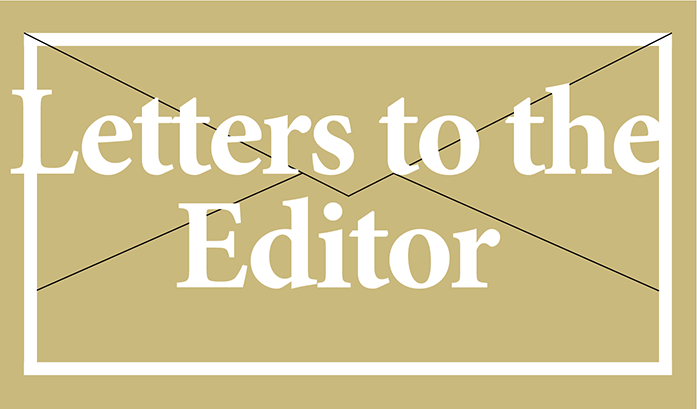Realpolitik or bust
The European Union is an economic-political union of 28 member states that are located primarily in Europe — with an estimated population of more than 508 million. It operates through a hybrid system of supranational and intergovernmental decision-making.
The EU has developed an internal single market through a standardized system of laws that apply in all member states. In the Schengen Area, passport controls have been abolished. EU policies aim to ensure the free movement of people, goods, services, and capital, enact legislation in justice and home affairs, and maintain common policies on trade, agriculture, fisheries, and regional development. The monetary union was established in 1999 and came into full force in 2002. It is currently composed of 19 member states that use the euro as their legal tender.
The EU originates from the European Coal and Steel Community and the European Economic Community, formed by the Inner Six countries in 1951 and 1958, respectively.
Brexit is a tongue-in-cheek reference to Great Britain leaving the European Union — in other words, a British exit from the EU. In 2013, the UK’s Conservative government confirmed it would hold a referendum on EU membership before the end of 2017. Prime Minister David Cameron announced in late February that the issue would go to public vote on June 23, and with it, the word Brexit gained popularity.
The Treaty on European Union provides member states with the right to leave the union: Any member state may decide to withdraw from the union in accordance with its own constitutional requirements.
Article 50 of the treaty provides a legal framework for EU member states seeking to leave the union. Because of the need for a negotiation process, the 2016 referendum does not directly bind the government to specific actions; in this, it is similar to the Scottish independence referendum, 2014. A vote to leave will initiate the negotiation process but not cause immediate withdrawal.
Timothy H. Parsons in The Rule Of Empires: Those Who Built Them, Those Who Endured Them, And Why They Always Fall (2005) explains the importance of hegemony to the West. Parsons posits that historians and theorists have made distinctions between formal and informal empires. The former meant the direct rule of subject peoples, while the latter implied the exercise of influence and privilege over a particular state or population without direct conquest.
This influence might rest on the threat of military action, but it could also take the form of persuasion and/or assistance. As such, these informal imperial methods could be termed soft power. Some scholars alternatively describe this kind of influence as hegemony. Based on the Greek hegemon (pre-eminence, leadership), hegemony meant the exercise of power through status, affluence, and cultural pre-eminence.
Less powerful actors or communities might voluntarily subordinate themselves to an informal empire or hegemon to acquire status and protection.
However, in the world of realpolitik, Britain is the conduit through which the United States exercises hegemony over Brussels to maintain hemostasis: peace in a chaotic world. If Britain exits, peace and order exit. Thereby, President Obama must use his hegemonic powers of persuasion to keep the UK in the EU.
Mary Gravitt



